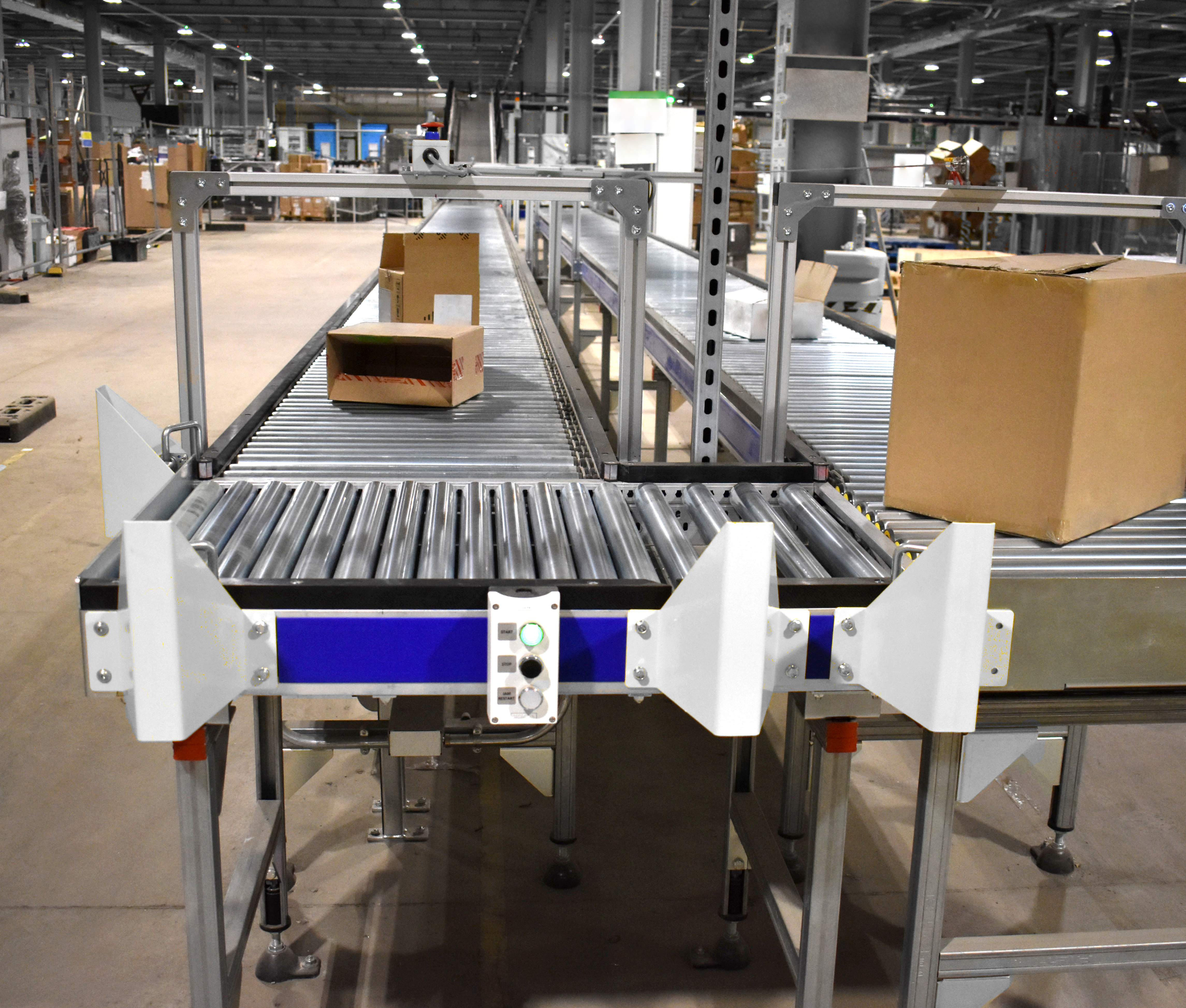Automotive manufacturing relies heavily on conveyor systems to efficiently transport materials, parts, and finished vehicles through various stages of production. Over the years, conveyor technology has evolved significantly, incorporating cutting-edge innovations to meet the demands of modern automotive factories. Let's explore some of the latest advancements in automotive conveyor systems that are driving efficiency and productivity in the industry.
Automation and Robotics
One of the most significant trends in automotive conveyor technology is the integration of automation and robotics. Automated guided vehicles (AGVs) and autonomous mobile robots (AMRs) are increasingly being used alongside conveyor systems for material handling tasks. These flexible automation solutions can navigate around obstacles, transport materials between workstations, and integrate seamlessly with conveyor lines, eliminating the need for human intervention and enhancing operational efficiency.
Modular Systems
Modular automotive conveyor systems feature easily reconfigurable components, allowing manufacturers to adapt production lines to changing needs without extensive downtime. These systems offer flexibility and scalability, enabling quick layout adjustments and process changes to accommodate new models or production requirements.
Smart Conveyors
The incorporation of IoT (Internet of Things) technology, sensors, and RFID tags has transformed conveyor systems into intelligent, connected platforms. Smart conveyors can monitor various parameters such as speed, temperature, and product quality in real-time, enabling predictive maintenance, minimizing downtime, and optimizing efficiency.
Vision Systems
Vision-enabled technology is being integrated into automotive conveyor systems using cameras and image processing algorithms to inspect parts for defects. These systems can detect surface imperfections, dimensional inaccuracies, and assembly errors at high speeds, ensuring quality control throughout the production process.
Energy-Efficient Designs
Automotive conveyor manufacturers are focusing on developing energy-efficient designs to reduce operating costs and minimize environmental impact. Features such as regenerative braking, variable frequency drives, and optimized motor control are being implemented to lower energy consumption while maintaining high performance.
Multi-Level Conveyor Systems
To maximize floor space utilization, automotive factories are increasingly adopting multi-level conveyor systems that utilize vertical space for material handling and assembly processes. These systems incorporate lifts, elevators, and spiral conveyors to transport parts between different levels of the production facility.
Flexible Chain Conveyors
Unlike traditional belt conveyors, flexible chain conveyors use interlocking plastic chains to transport items. These innovative conveyors offer greater flexibility in terms of layout design, curve configurations, and elevation changes, making them ideal for complex automotive production environments.
Cleanroom Conveyor Systems
In automotive manufacturing facilities where cleanliness and contamination control are critical, cleanroom conveyor systems feature sealed construction, smooth surfaces, and minimal particle generation. These systems ensure compliance with stringent cleanliness standards for sensitive manufacturing processes such as electronics assembly.As the automotive industry continues to evolve, conveyor technology will play an increasingly vital role in driving innovation and efficiency. By embracing these cutting-edge advancements, automotive manufacturers can streamline their production processes, reduce costs, and deliver high-quality vehicles to market faster than ever before.






